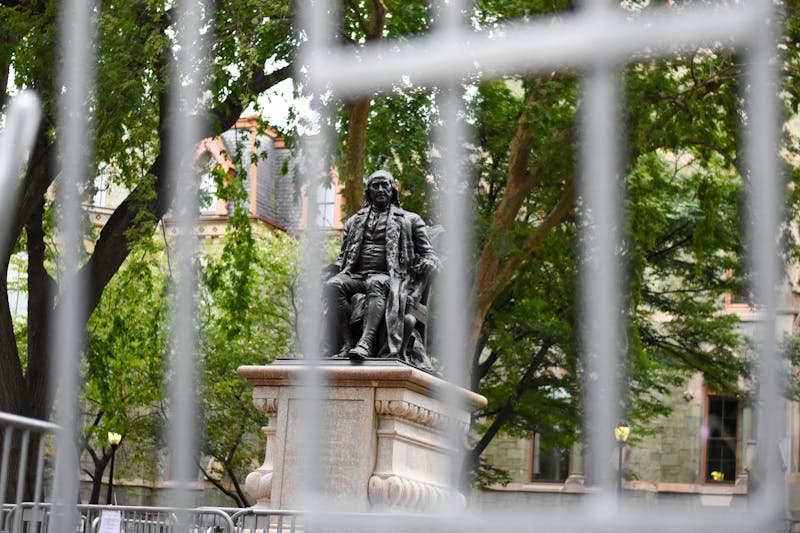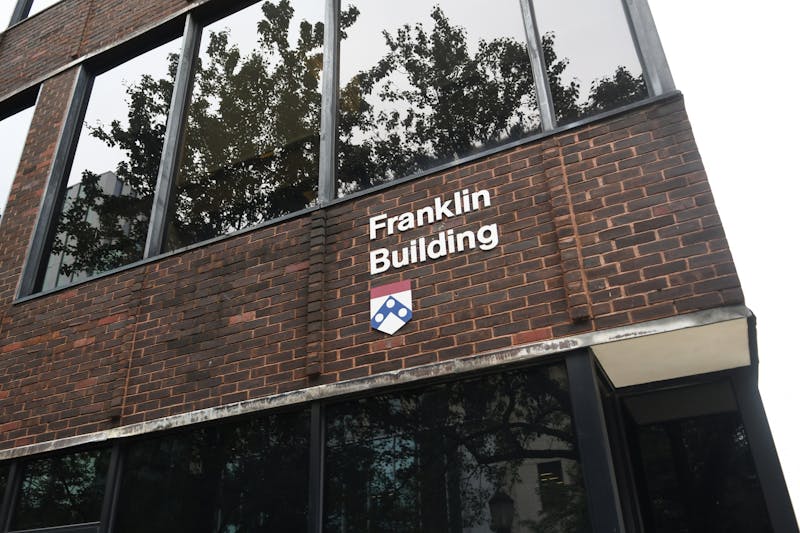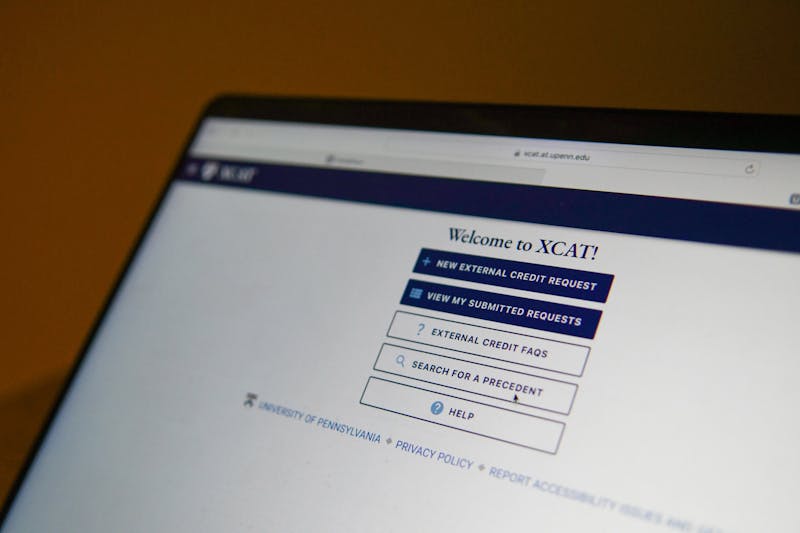
Penn announced a new financial aid initiative on Tuesday that aims to improve support for middle-income families.
Penn will no longer consider the value of the primary family home among assets in determining the amount of financial aid eligibility and will raise the income threshold for families eligible to receive full tuition scholarships from $140,000 to $200,000 with typical assets. The new policy — which goes into effect at the start of the 2025-26 academic year — will also increase financial aid packages and guarantee full tuition scholarships to a greater number of students.
“This bold new initiative expands financial aid for more families in alignment with our commitment to have Penn’s financial aid package meet 100% of families’ demonstrated need with no loans,” Interim Penn President Larry Jameson wrote in the announcement. “We are proud to launch the Quaker Commitment building on the University’s commitment to opportunity and long-standing leadership in undergraduate financial aid.”
The Quaker Commitment includes four bullet points, two being the new policy additions and the other two being Penn’s existing commitments to providing financial aid packages that meet 100% of demonstrated need without loans — as well as covering all billed expenses for families who make under $75,000 with “typical assets.”
The billed expenses policy was introduced at the start of the 2023-24 school year and affected about 200 students.
In comparison, the new Quaker Commitment initiative is expected to affect about 900 currently enrolled students and will include an average grant aid increase of about $4,000. The higher income threshold for middle-income families is expected to increase packages by an average of $10,000 for an additional 180 students, according to the announcement.
“Penn is reaffirming its commitment to the core principle that a world-class education can be affordable to students from all backgrounds, not just those from lower-income backgrounds or those who are able to pay full price,” Vice President for Finance and Treasurer Mark Dingfield said in the statement.
The new program will cost approximately $6 million annually and will be funded through current and future donor endowed funds.
“If we were going to make a change, we wanted to make sure we were making a change that was going to impact the population,” Senior University Director of Financial Aid Elain Varas told The Daily Pennsylvanian, adding that she is a “strong believer in access and affordability.”
“Looking at our population over the last many years and determining what was going to be the income range that we could do a significant amount of support for, that’s how we came to the result of increasing it up to $200,000,” she said.
She added that Penn believes that “we should not be penalizing families who are living paycheck to paycheck and penalizing the equity in their home to support their education.”
The Quaker Commitment also aims to simplify the financial aid process for students and parents.
Director of Finance Administration and Communications Paul Richards called the Quaker Commitment the “top level” of what someone needs to know when applying to Penn.
“It also fits in with some recent initiatives to simplify the application process,” he told the DP. “Basically taking that checklist that [financial aid services] put[s] out through the year and actually reducing some of the requirements. I think this all fits into that larger narrative of ‘how do we make this process that can be daunting and confusing more accessible and understandable to the widest range of families possible?’”
Community experts have expressed varying opinions about the change.
President and chief educational consultant of One-Step College Counseling Laurie Kopp Weingarten said that the families she works with who find Penn affordable are “the lower-income families who receive significant aid from Penn” and “upper-income families that can easily afford the cost.”
“It’s those middle-class and upper-middle-class families who are really struggling to pay Penn’s Cost of Attendance of $92K+,” Weingarten, a 1986 Wharton graduate, added. “They have been squeezed the most, and many of those parents simply tell their students that a private college without merit scholarships like Penn is not affordable.”
Weingarten also highlighted that the new policy’s language has some ambiguities.
“It’s still unclear how Penn will define ‘typical assets,’ so there may be families ineligible for aid if their assets are assessed as higher than average,” she added.
Managing partner of college counseling service Ivy Coach Brian Taylor believes the University has more work to do in making financial aid more accessible.
He commented on the presence of a question on Penn’s application asking students if they require financial aid as evidence that Penn is “need aware” rather than need blind, as the University claims.
He also accused the University of being dishonest about their financial aid policy, citing the fact that the University is a defendant in a class action lawsuit accusing several higher education institutions of price fixing.
“Most families who are in need of financial aid or would qualify for the highest level of financial assistance are often the families who are the least knowledgeable about the financial aid process,” he told the DP. “These families deserve the truth, not a flashy PR headline.”
The Daily Pennsylvanian is an independent, student-run newspaper. Please consider making a donation to support the coverage that shapes the University. Your generosity ensures a future of strong journalism at Penn.
Donate












